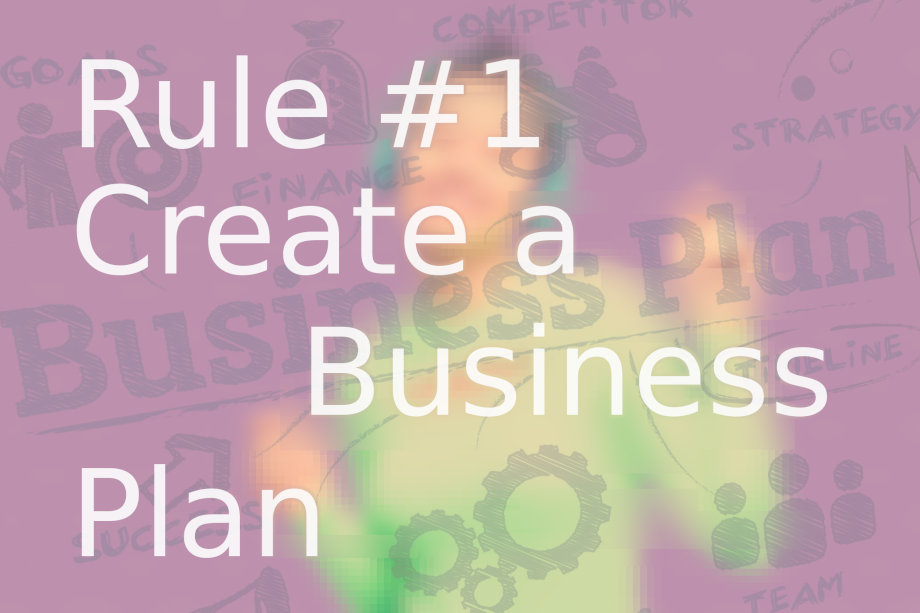October 29. 2024
Every Successful DJ needs a Business Plan
Understanding What It Takes to Succeed as a DJ

» by Danni Miller
I still remember the first time I stood behind a DJ booth at my friend’s house party, clutching a stack of vinyl like it was a sacred scroll. Music has always been my thing. The breaks, the beats, the soaring crescendos; they translate emotions better than any language we speak. As soon as I dropped that needle on the record and saw the heads start nodding in unison, I realized: This was more than just spinning tracks; it was a dance of connection between me, the music, and those listening. There was potential here—a chance to share joy on a grander scale. As any fledgling DJ discovers, it quickly dawns on you: Entertaining the masses ain't just about slapping songs together willy-nilly. It’s a craft. And more importantly, it was a potential livelihood that needed tending and nurturing like a well-kept garden. That means doing it right, understanding what you need to do it, like getting licensed as a DJ and acquiring any local permits.
Initially, getting paid was not even on the radar. But with love and passion blooming into consistent gigs, one day, the obvious smacked me upside the head: DJing is a business—a small and intimate one, sure, but with all the trappings of enterprise. Yeah, the groove is king, but there’s another side spinning right beside it—the business plan. Why bother drawing up such a thing? Because a DJ business plan arms you with foresight and clarity. It’s like creating a mix with intention rather than randomness.
A DJ business plan starts with having a mission (you know this already, you know it better than anyone else); that core vibe that sets your decks spinning. What's your signature? The thematic undertones might include anything from making people belt out in cathartic anthem choruses to keeping the pulse of a pulsing nightclub alive past midnight. Define it, because a solid groove runs through nearly everything else you do.
Next up, consider your target audience. Sounds fancy, huh? But honestly, knowing who you're playing for helps you select tracks that keep the floor packed. Picture those folks, visualize their happiness, move them. Determining this translates directly into the business strategy—clubs, weddings, festivals, or private events. Pick your stage.

Now, let's get gritty with finance. Yes, finance—the unglamorous yet essential symphony in this production. Consider startup costs—equipment, promotion, travel. By comprehending these costs, you veer more towards sustainable harmony. Pricing is an art by itself. Charge too high, and silence may deafen the dance floor; too low, and you're swamped. Hit that Goldilocks zone.
Over a cozy coffee break that time in a small café somewhere, in a rare shared moment of perfect harmony while a saxophonist played outside, a friend casually dropped this nugget of wisdom on me: Create a marketing strategy. Social media platforms, they are your song sheets, for heaven's sake! Facebook, Instagram, TikTok—they’re not just for selfies and dog videos. They’re virtual stages where people preview what sonic adventures you offer.
Then there is a fun little extra that we as entertainers should not forget about, possible partnerships. Collaboration, as in life and music, paints fresh layers of experience. Working with other DJs, promoters, venues—more heads bobbing to the same beat at the perfect BPM create an irresistible groove.
So why treat DJing like a business? Because it is—laden with possibility yet requiring serious dedication. It asks you to carefully pen down commitments, allocate passion smartly, perform on cue. But let me tell you, when you’re amidst vibrating smiles and leaping hearts, tapping into humanity’s universal thrum—the business becomes the background and the music takes center stage.
And that's really why... Five six seven eight, what’s your business plan?